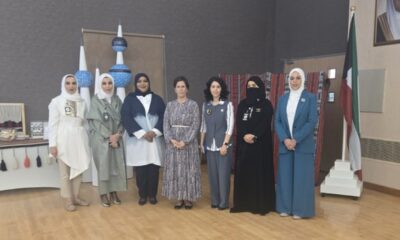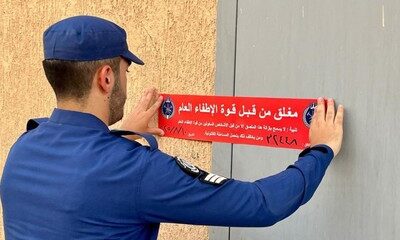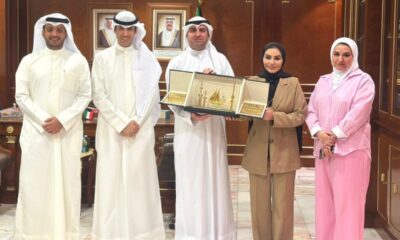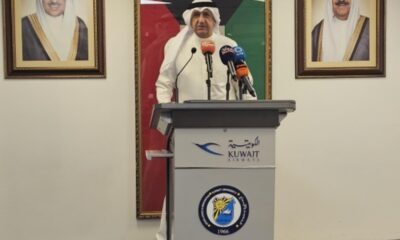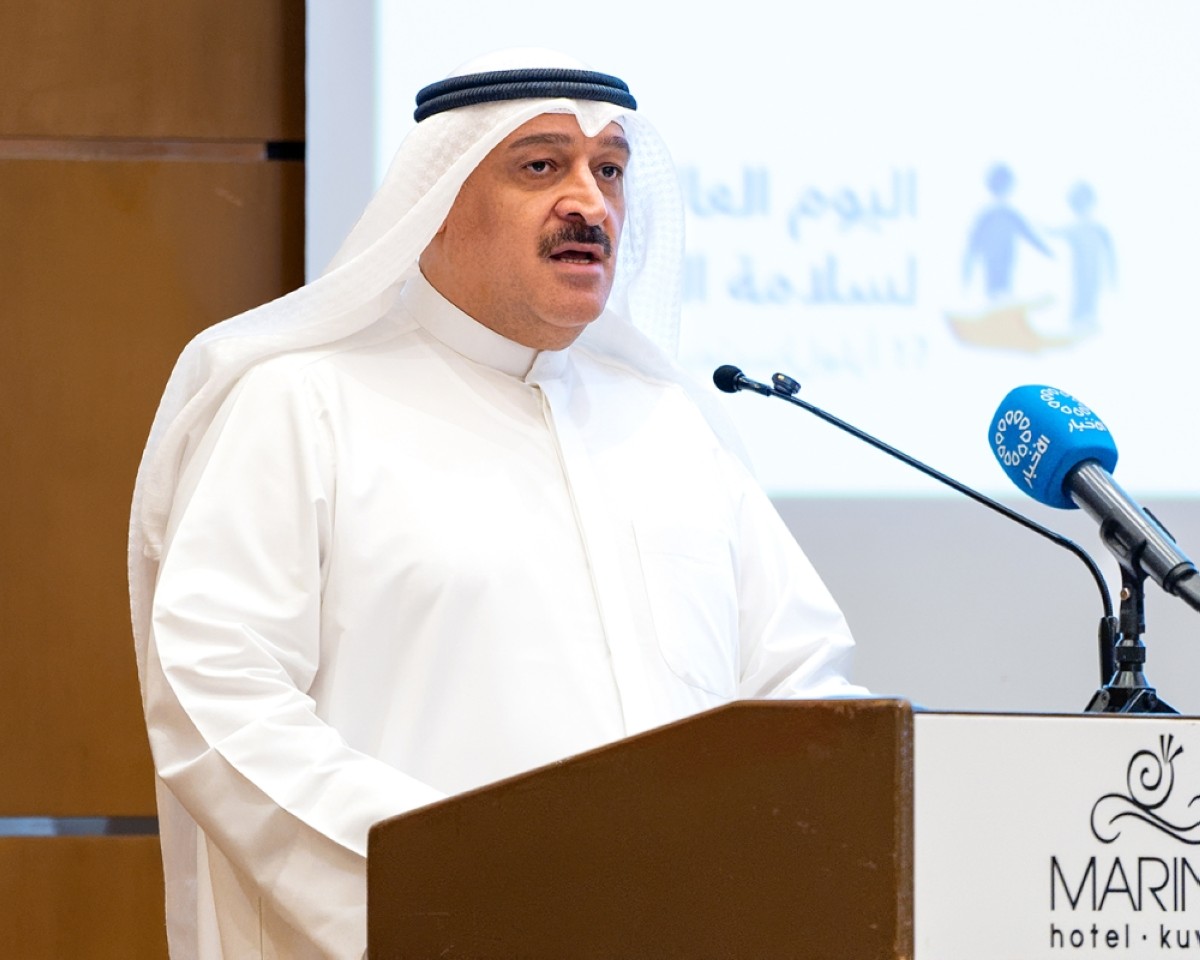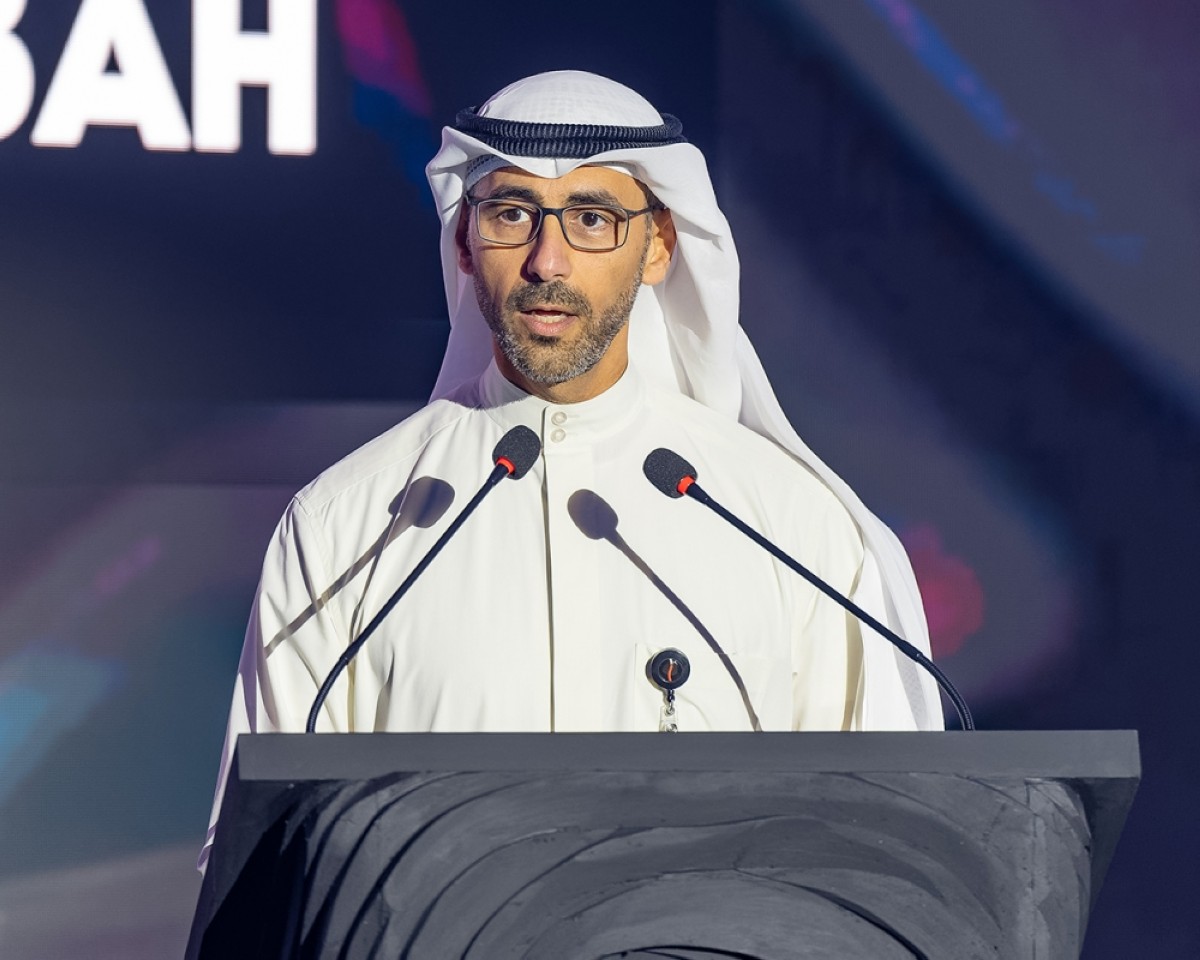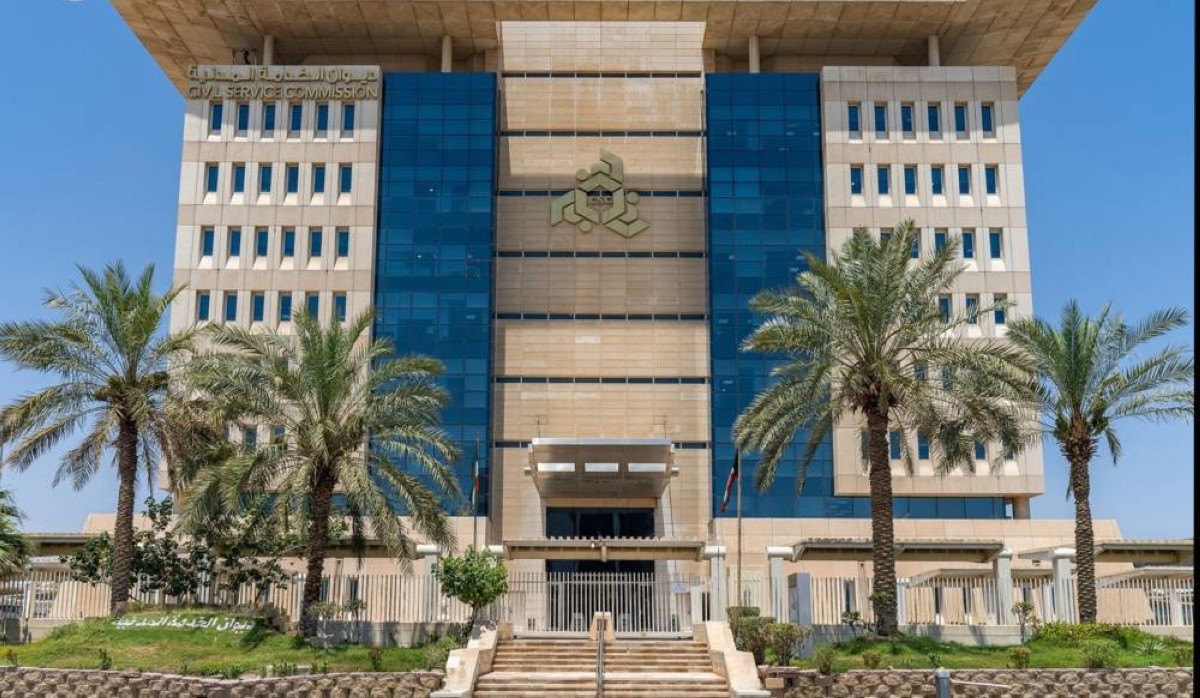KUWAIT: A recent study has highlighted significant gaps in the implementation of laws designed to protect women with disabilities in Kuwait. While the country has established a strong legal framework aimed at ensuring equal rights for individuals with disabilities, the study found that inconsistent enforcement leaves many women without adequate support.
Conducted by Haila Al-Mekaimi, a political science professor at Kuwait University, in collaboration with the Kuwaiti Union of Women’s Associations and various civil society groups, the study gathered responses from women with disabilities and their advocates. It explored the effectiveness of national laws that safeguard their rights, with particular focus on their practical application.
Despite a robust legal framework—including provisions for equal access to education, healthcare, employment, and social inclusion—the study revealed that many women still struggle to benefit from these protections.
Kuwait’s legal framework
Kuwait’s commitment to protecting people with disabilities is enshrined in the 1962 Constitution, which guarantees equality before the law. Subsequent legislation has reinforced this commitment, with key laws such as: Law No 51 of 2006, which prohibits discrimination based on disability and Law No 8 of 2010, ensuring access to education, healthcare, and employment. In addition, Law No 29 of 2015 promotes the employment of disabled individuals and Law No 19 of 2016, ensures access to public facilities. The creation of the Public Authority for People with Disabilities in 2018 further bolstered the protection of their rights. However, despite these advancements, the enforcement of these laws remains inconsistent, especially when addressing the unique needs of women with disabilities.
2023 amendments
A significant issue raised in the study was the government’s rejection of proposed amendments to the Law on the Rights of Persons with Disabilities in 2023. These amendments sought to improve financial support for caregivers, including non-Kuwaiti spouses and relatives, enhance housing rights for families with disabled members, and provide funding for prosthetic devices and nursing care.
The rejection of these amendments, particularly those concerning financial and employment benefits, has been a source of frustration. Surveyed women gave the government’s decision a rating of 2.8 out of 5, reflecting widespread dissatisfaction with the lack of progress on these crucial issues.
Al-Mekaimi noted: “While these legislative measures sought to improve support for individuals with disabilities, the government’s rejection of the 2024 bill is disappointing for disability activists. The financial constraints cited as reasons for rejection underscore the challenge of balancing budgetary limits with the need for comprehensive support systems.”
Gender gaps in satisfaction
The study also revealed a notable gender gap in satisfaction with the enforcement of disability laws. While men were generally more satisfied with the benefits they received, women expressed lower satisfaction in key areas such as financial support and employment rights. For instance, women rated their satisfaction with financial benefits at 4.0, compared to 4.5 for men. Similarly, women’s satisfaction with employment rights was lower, at 3.6, compared to 4.1 for men.
However, women reported slightly higher satisfaction with education rights (4.3) compared to men (4.8), although the gap suggests that more work is needed to ensure full equality in education for people with disabilities.
Key recommendations
The study’s findings have led to several recommendations aimed at improving the situation for women with disabilities in Kuwait. First, the enforcement of existing laws needs to be strengthened. Women with disabilities must have access to the services and protections guaranteed by law, and greater consistency in enforcement is necessary to ensure that these provisions reach all individuals in need.
Second, raising public awareness is crucial to improving the situation. Public campaigns should be launched to educate both citizens and government agencies on the rights of people with disabilities. These initiatives would help foster a more inclusive society and ensure that individuals with disabilities are better understood and supported.
Third, civil society organizations should play a more active role in advocating for the rights of women with disabilities. By engaging more proactively, these groups can bridge the gap between policy and practical outcomes, ensuring that laws translate into real-world improvements in the lives of individuals with disabilities.
Finally, a gender-sensitive approach to legal reform is needed. The study highlights that women with disabilities face unique challenges that need to be addressed through targeted legal reforms. These reforms would ensure that women’s rights are fully realized, and that the legislation works to eliminate the specific barriers they face in areas such as financial support, employment, and housing.
Al-Mekaimi concluded: “Implementing these recommendations can help create a more inclusive society in Kuwait, addressing the disparities in the enforcement and understanding of disability legislation. This will strengthen the position of women with disabilities and enable their full participation in all aspects of society.”


 Business21 hours ago
Business21 hours ago
 Business21 hours ago
Business21 hours ago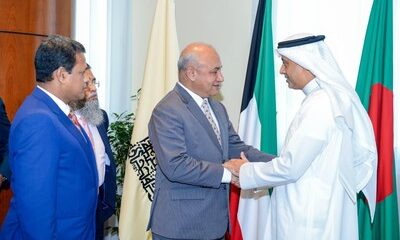
 Business23 hours ago
Business23 hours ago
 Politics24 hours ago
Politics24 hours ago
 Politics21 hours ago
Politics21 hours ago
 Latest News24 hours ago
Latest News24 hours ago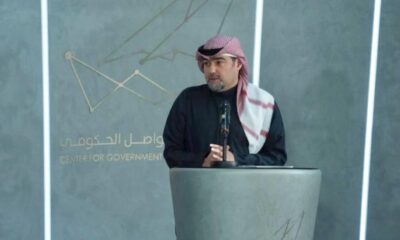
 Latest News21 hours ago
Latest News21 hours ago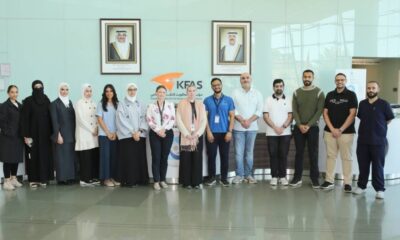
 Latest News16 hours ago
Latest News16 hours ago
